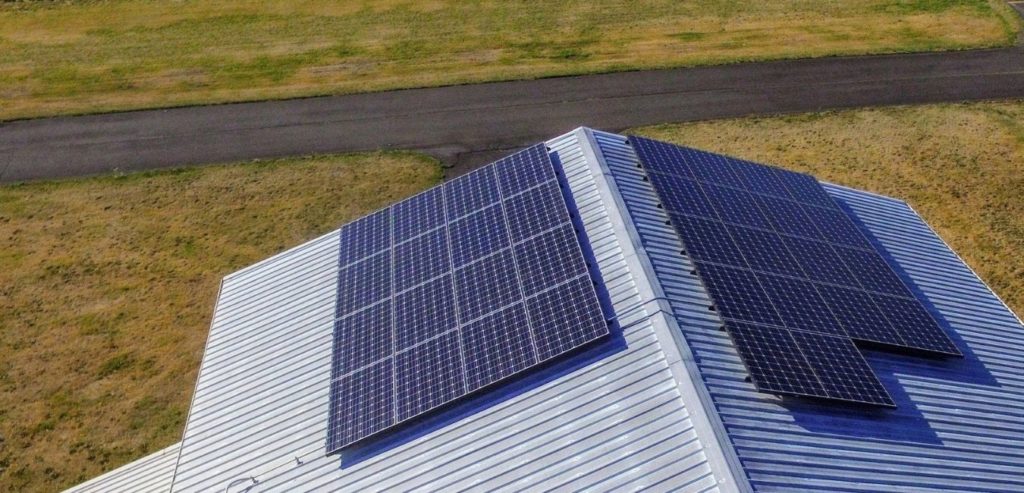Solar In The Northwest’s Winter
We get this question a lot. Does solar work in Oregon and Washington during the winter? Simply put, Yes! Solar does work during the winter seasons. With the right system design, solar is becoming more and more an excellent winter investment.
Solar Panels Work Better In Colder Temperatures
There is a common misconception that solar panels generate more energy in summer because of the heat associated with the season. However, the real reason for this seasonal energy boost is that summer day are longer, not hotter.
Solar panels actually work more efficiently in cooler winter temperatures.
Rather than increasing the productivity of a solar panel, the hot temperatures during summer can actually decrease the system’s efficiency. As the temperature around the solar panels (i.e. the ambient temperature) decreases, such as during winter time, solar panels become more efficient energy producers.
Of course, our Oregon and Washington cloudy skies produce far less solar power than sunny skies, but when the sun does peek through, the panels work better than they do during the summer.
Using Net Energy Metering To Build Energy Credits
Net Energy Metering, or NEM, is a billing mechanism that credits solar energy system owners for the electricity they add to the grid. For example, if a residential customer has a PV system on the home’s rooftop, it may generate more electricity than the home uses during daylight hours.
If the home is net-metered, the electricity meter will run backward to provide a credit against what electricity is consumed at night or other periods where the home’s electricity use exceeds the system’s output. Customers are only billed for their “net” energy use. On average, only 20-40% of a solar energy system’s output ever goes into the grid. Exported solar electricity serves nearby customers’ loads.
Using NEM Like A Battery
Thanks to utility policies in Oregon and in Washington state, what “counts” in terms of your solar energy production is not the amount of electricity you produce on any given day. Instead, what matters in terms of how much you pay to your power company is the difference between how much energy your solar array produces and how much energy you use over the entire year. This is called “net metering.”
For example, it is very common for a properly sized solar array to produce more energy than you use in your home during the summer months. In this case, you get to “roll over” those energy credits into the following winter when energy use is typically higher and days are shorter!
When Do Net Meter Credits Expire?
There is a limit to this, however. Every year your electrical credits expire once the cycle ends. These cycles are different depending whether you live in Oregon or Washington state.
- Oregon: April 1st to March 31st
- Washington: May 1st to April 30th
These timelines mean that solar array owners in Oregon and Washington can receive the full benefits of carrying over their summer credits into winter months Although there are fewer sunlight hours during winter, the Pacific Northwest have long, sunny summer days. Within the scope of an entire year, the energy production of your solar electric system will therefore even out.


